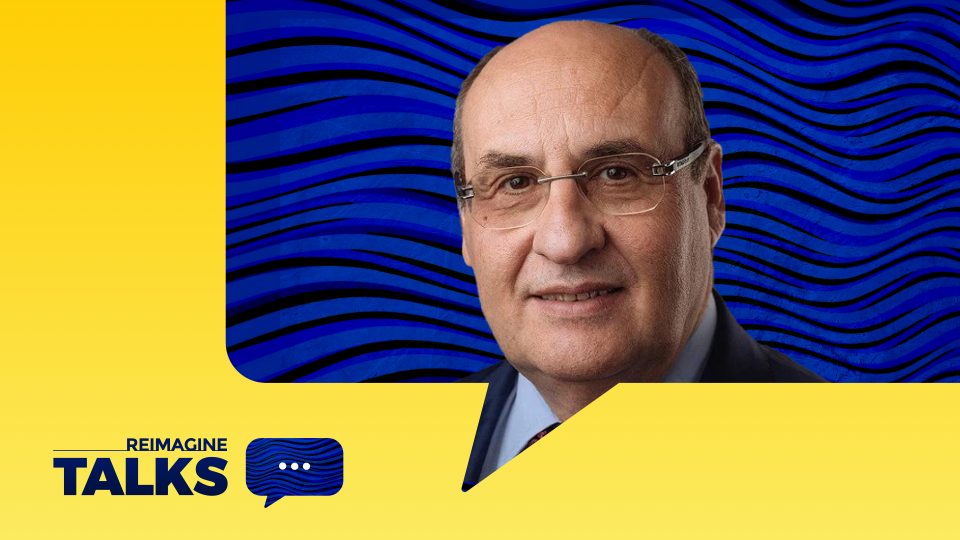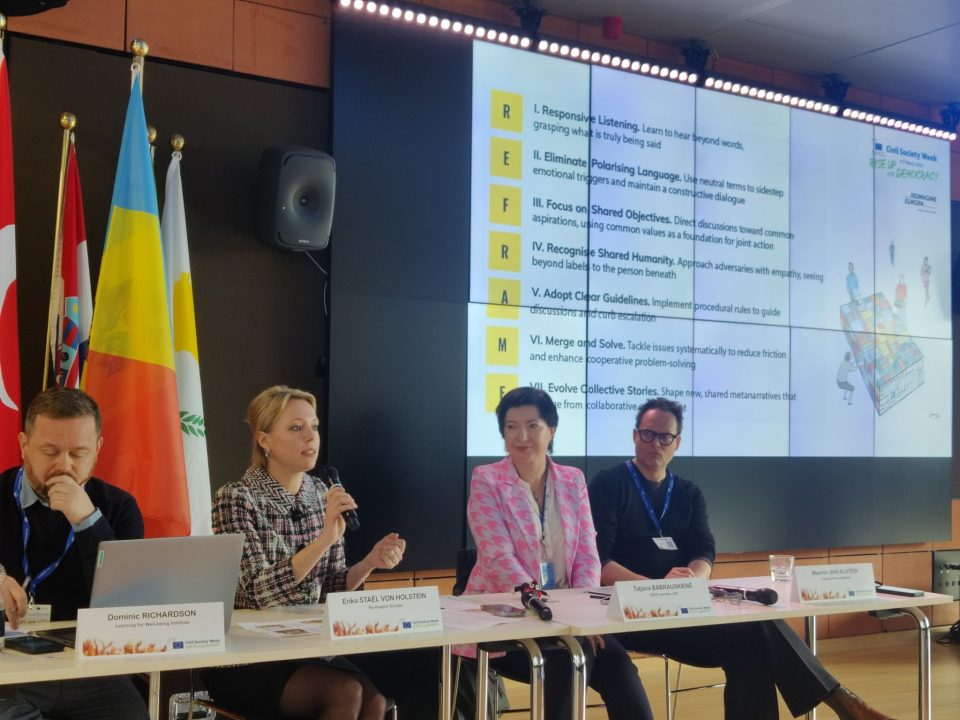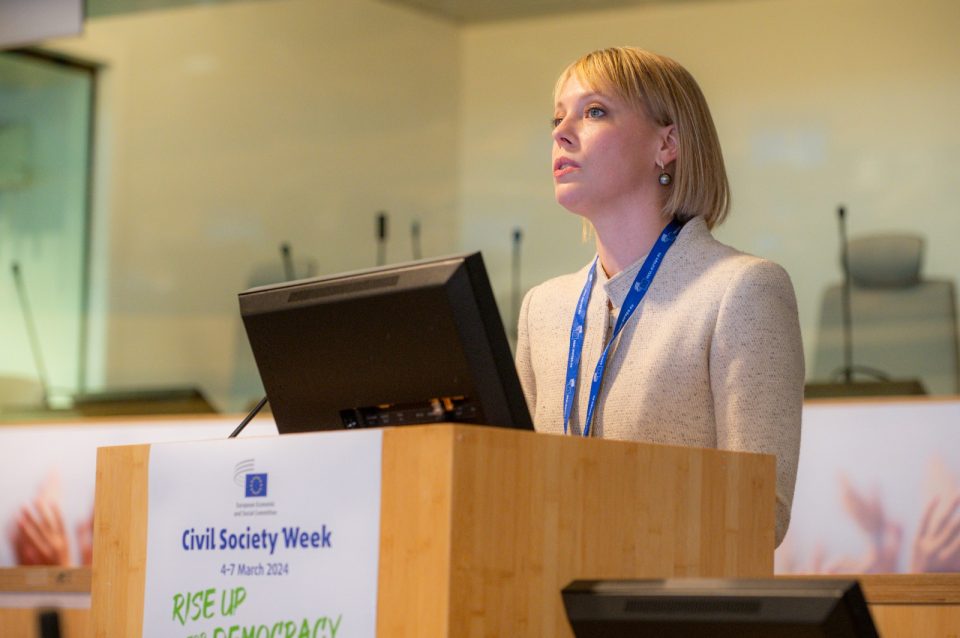On November 28th, European Commissioner for Internal Market and Services Thierry Breton delivered a visionary speech at the second edition of the European Media Forum. It focused on the state of media in the EU and anticipated some of the issues on which the EU’s Media Freedom Act, scheduled for 2022, aims to intervene.
While, like many other sectors, the European media and audiovisual industries were heavily affected by the pandemic crisis we are still stuck in, the real causes of the difficulties in this sector are certainly much more distant in time. The advertising market, which is still the main source of livelihood for the industry, has undergone profound changes in the last decade. The large platforms control a huge share of online advertising, reaching up to 80% in some countries.
The shifting attitude of consumers is driving the entire market to digital, and the costs of this technological transition are making their impact, especially on local media, which are often unable to withstand the pressure. The national media of the larger Member States can afford to seek ad hoc solutions, supported by the large audience they can count on. The opposite is true for smaller media companies, which often have to choose between closing and being absorbed from the former, thus creating an excessive concentration in the news producers’ ownership.
On the one hand, such concentration can be good for the whole sector resilience. On the other, it entails comprehensible downsides to media independence and plurality. These are very important factors in building a strong public debate that can enhance the accountability of institutions at all levels, which is a crucial feature of any democratic system.
Of course, the independence and integrity of the European media market is a major concern for the European Commission because it’s functional to the health of our democracies. Moreover, increasing media pluralism makes the Member States less subject to external influences. We are taking Commissioner Breton’s words: “The European Media Freedom Act will also contribute to making our information space more secure. This is a matter of European sovereignty: as you may have heard me say on multiple occasions, everything is geopolitical. Information, far from being an exception, is a textbook case of interferences from hostile foreign actors.”
The upcoming Media Freedom Act will thus address all the diverse issues that are currently affecting the sector: from their transparency and independence to the need for more opportunities within the internal market and, more in general, the necessity to innovate the business model to fit with the needs of the digital transformation.
In the final part of his speech, Commissioner Breton also announced a new partnership that will be functional to create the first European Newsroom through the joint effort of 16 press agencies and financial support from the European Commission. On the same topic, Věra Jourová, Vice President of the European Commission for Values and Transparency commented: “By working together across borders, media are stronger. We have seen the incredible results of cross-border investigations, such as the recent Pandora papers. The Commission is increasing its support for this type of collaboration, with the European Newsroom today and a series of new journalism partnerships by the end of the year.”
Re-Imagine Europa’s Task Force on Democracy in a Digital Society has been working since 2019 on building a method to adapt the new horizontal communication system that digital technologies have made ubiquitous while preserving our shared values of freedom, democracy, equality, human rights, and peace, adapting our society and institutions to the needs emerging from the digital revolution. Developing a stronger interaction and understanding between society and the media, hence improving the efficacy of the public discourse, is key to achieving this result. If you are interested in this topic, follow our social media channels (Twitter – LinkedIn) and the specific homepage of our Democracy area to be always up to date.




